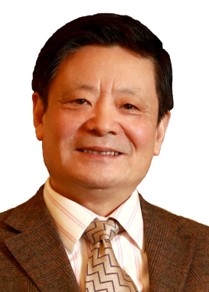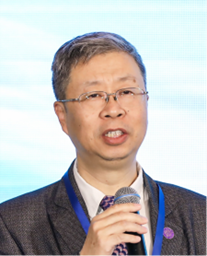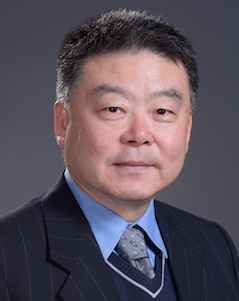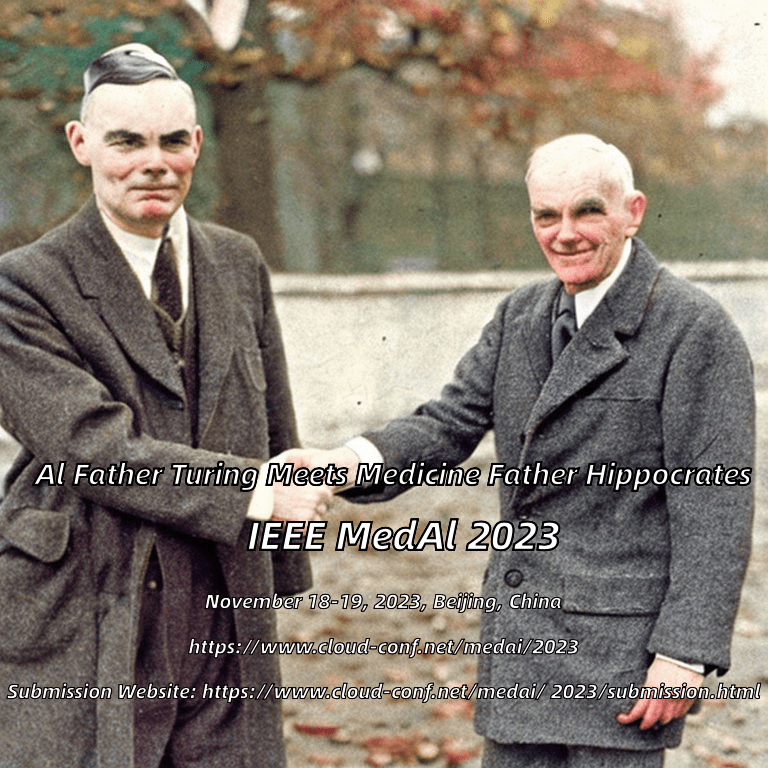
Qi Wang
Beijing University of Chinese Medicine, China
Professor of Chinese Medicine
Academician of Chinese Academy of Engineering
Title: Phenomics and Research of Chinese Medicine Constitution
Abstract:
Traditional Chinese medicine (TCM) constitution and phenomics have similarity in recognization of life and disease. The phenomics researches regarding separability of the constitution, constitution-disease correlation, and adjustability of the constitution have helped initially build a “phenotype-genotype” network of nine traditional Chinese medicine constitution types from macro to micro. We can promote the in-depth development of TCM constitution by improving the technical standards and systems of constitution measurement, constructing the phenotype database of TCM constitution, discovering the cross-scale association and regulatory mechanism of TCM constitution phenotypes, and establishing the phenotypic efficacy evaluation system of TCM constitution intervention based on the current work. We further analyzed the challenges of phenomics researches in TCM constitution, and believed that with the rapid development of modern life science and technology, the phenomics will facilitate TCM constitution playing a greater role in the implementation of the “Healthy China” strategy.
Short-Bio:
Qi Wang is a tenured professor of the Beijing University of Traditional Chinese Medicine, Dean of Disease & Almost Disease Treating Institute, Chief Physician, fellow of the Chinese Academy of Engineering, National TCM great master. He a pioneer of TCM constitution theory, TCM phenomics theory, TCM Tibetology and TCM abdominal diagnosis theory. He has got numerous awards, including national outstanding researcher fellow, national second class award for progress in science and technology, HLHL award for progress in science and technology, lifelong achievement award of the Chinese Association of TCM, lifelong achievement award (Macau) of the Chinese Association of TCM, honorary professor of Hongkong Baptist University, Macau Science and Technology University, Hongkong University and Tianjin TCM University.

Ming Li
University of Waterloo, Canada
Canada Research Chair and Professor in Bioinformatics
Fellow of Royal Society of Canada, ACM, and IEEE
Title: An AI-based Pipeline for Personalized Neoantigen Discovery and Validation
Abstract:
Personalized cancer immunotheorapy requires efficient and inexpensive personalized neoantigen discovery and validation. In this talk, we describe our efforts in developing such a pipeline, replacing the wet lab work by articificial intelligence as much as possible.
Short-Bio:
Ming Li is a Canada Research Chair in Bioinformatics and a University Professor at the University of Waterloo. He is a fellow of Royal Society of Canada, ACM, and IEEE. He is a recipient of Canada's E.W.R. Steacie Fellowship Award in 1996, the 2001 Killam Fellowship and the 2010's Killam Prize. Together with Paul Vitanyi they have pioneered the applications of Kolmogorov complexity and co-authored the book "An introduction to Kolmogorov complexity and its applications". His recent research interests recently include bioinformatics, natural language processing, few shot learning.

Xuegong Zhang
Tsinghua University, China
Department of Automations
Title: Digital Life Systems, AI Patients and AI Precision Medicine
Abstract:
The seemingly unlimited ability of foundation language models has made people to expect the emerging of artificial general intelligence (AGI). This, together with recent breakthroughs in some key biological questions such as protein structure prediction, and the rapid development of human cell atlas studies, lead to an unprecedented anticipation on the development of AI medicine. But there lacks a systematic route toward this ambitious goal. Based on our practices in building the first human ensemble cell atlas (hECA) and developing foundation models for single-cell transcriptomics, we proposed the concept of Digital Life Systems or dLife as a framework for integrating and representing all information of a living human body from molecular, cellular levels to tissues, organs, systems, and the whole body. As a proof of concept, we developed the method of “in data” cell experiments for drug effects prediction and for virtual trials. We propose that the route to future AI precision medicine is to build foundation models of patients or AI patients as digital twins of real patients based on the dLife framework.
Short-Bio:
Xuegong Zhang received his BS degree in Industry Automation in 1989 and his Ph.D. degree in Pattern recognition and Machine Intelligence in 1994, both from Tsinghua University, after which he joined the faculty of Tsinghua University. He had visited Harvard School of Public Health in 2001-2002, and is now a Professor of Pattern Recognition and Bioinformatics in the Department of Automation, Tsinghua University, and Adjunct Professor of the School of Life Sciences and School of Medicine. He is ISCB Fellow and CAAI Fellow. He is also the chairman of the Committee of Bioinformatics and Artificial Life, Chinese Association of Artificial Intelligence, and the chairman of the Committee of Intelligent Health and Bioinformatics, Chinese Association of Automation. His major research interests include machine learning, bioinformatics, human cell atlas, and intelligent precision medicine.

Jun Yu
National Biosafety Evidence Foundation, Xi’an Jiaotong University
Beijing Institute of Genomics, Chinese Academy of Sciences
China National Center for Bioinformation
Title: A Time to Build an Infrastructure of Genome Information for Health in China
Abstract:
Anchoring life-time health information to whole genome sequence is the ultimate goal of the Human Genome Project, and 20 years after, we yet to scheme out its blue prints, roadmaps, and timelines. A bird’s-eye view of GIHE (pronounced as ji1he2) – Genome Information for Health Engagement – is composed of 3D (Digital Gene, Medicine and Health) and 3M (Health, Life, and Social Metaverses). The five-in-one elements are of essence in fulfilling all goals of GIHE, which are (1) Infrastructures, such as centralized information network and its demographic centers; (2) Technical Platforms, such as data quality control and desensitization; (3) Megaprojects, such as disease- or cohort-centric and symptom- or population-centric projects. (4) Legislation and guidelines, such as privacy protection, stakeholders and their rights; (5) Industrial exits, such as passing on useful information and intellectual properties to pharmaceutical industries and food-nutrition industries. The purpose of GIHE are multifold, eliminating inheritable diseases, reducing death rate, and improving life quality for the Chinese populations in all ages.
Short-Bio:
Professor Jun Yu is currently with Xi’an Jiaotong University as Professor Emeritus of Beijing Institute of Genomics(Chian National Center of Bioinformatition). He graduated with BS degree in Biochemistry from Jilin University Department of Chemistry in 1983 and continued his postgraduate education (with Professor Tung-Tien Sun on epithelial biology) at New York University School of Medicine, supported by CUSBEA Fellowship. He became Research Assistant Professor at NYU in 1990 supported by AFUD Scholarship, and his involvement with the Human Genome Project began in 1993 at University of Washington with Professor Maynard V. Olson.
Dr. Yu returned to China in 1998 and involved with the establishment of several institutions including the Human Genome Center of Institute of Genetics and Institute of Genomics (China Center for Bioinformation), Chinese Academy of Sciences, and Beijing Genomics Institute (BGI) as a private research institution. He has also served as Editor-in-Chief for Genomics, Proteomics and Bioinformatics since 2003. He has organized and involved in many genome research projects, aside from parts of the Human Genome Project in the US and in China, such as rice, silkworm, carp, date palm, crested ibis, etc. He has published over 350 original research articles and won a number of prodigious awards, such as Hong Kong Qiushi Award for Outstanding Scientific and Technological Achievements 2002 and TWAS 2012. He is currently promoting the initiative of “genome information for health” in China.

Authors: Yuzhen Zhang, Junping Zhang.

